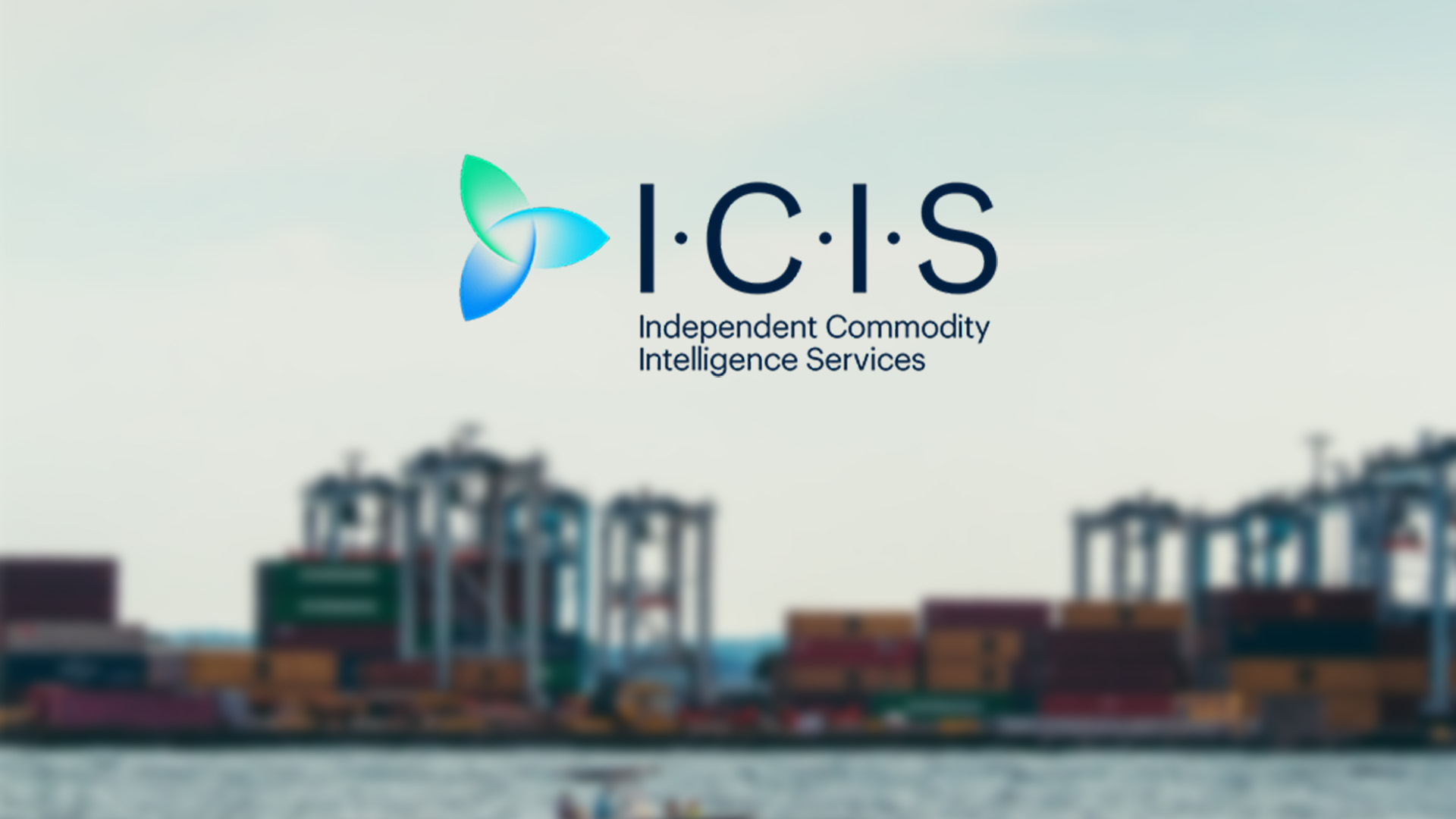The transportation, storage, and handling of chemicals can pose significant risks to human health and the environment. Therefore, ESG considerations are essential to ensure the safe and sustainable delivery of chemical products to customers.
The concept of ESG (Environmental, Social, and Governance) has gained significant attention in recent years, as investors and consumers increasingly prioritize companies' commitment to sustainability and ethical practices. This trend has had a significant impact on the chemical logistics industry, which has historically faced numerous challenges related to environmental and social responsibility.

In this blog, we will discuss the importance of ESG within the chemical logistics industry, the challenges it faces, and some of the best practices that companies can adopt to improve their ESG performance.
The importance of ESG in chemical logistics can be viewed through the lens of each of its components:
Environmental
The chemical logistics industry must address numerous environmental challenges, including greenhouse gas emissions, waste management, and water pollution. This requires companies to adopt sustainable practices that minimize their impact on the environment, such as reducing energy consumption, minimizing waste, and using renewable energy sources.
Social
The chemical logistics industry is subject to strict regulations that require companies to ensure the safety of their employees, customers, and the general public. Moreover, the industry must address concerns related to labor practices, diversity, and community engagement.
Governance
The chemical logistics industry must adhere to high ethical standards to promote accountability, transparency, and trust. This requires companies to establish robust governance structures, implement effective risk management frameworks, and ensure compliance with relevant laws and regulations.
Challenges Faced by Chemical Logistics
The chemical logistics industry faces several challenges in implementing effective ESG practices. Some of the most significant challenges include:
Complex Supply Chains
Chemical logistics companies must navigate complex supply chains that involve multiple stakeholders, including suppliers, customers, and regulatory bodies. This makes it challenging to implement consistent ESG practices throughout the entire supply chain.
High Capital Requirements
Many ESG initiatives require significant capital investments, such as renewable energy infrastructure or waste management facilities. These investments can be challenging for smaller logistics companies, which may lack the financial resources to make them.
Lack of Standardization
There is a lack of standardization in ESG reporting and metrics, making it difficult for companies to compare their performance against industry peers or to attract ESG-focused investors.
Best Practices for Improving ESG Performance in Chemical Logistics
Despite the challenges, there are several best practices that chemical logistics companies can adopt to improve their ESG performance. These include:
- Setting Clear ESG Goals: Companies should set clear and measurable ESG goals that align with their business strategy. This can include reducing greenhouse gas emissions, increasing the use of renewable energy sources, or improving waste management practices.
- Implementing Robust Governance Structures: Chemical logistics companies should establish robust governance structures that promote transparency and accountability. This includes developing codes of conduct, establishing effective risk management frameworks, and ensuring compliance with relevant laws and regulations.
- Engaging with Stakeholders: Chemical logistics companies should engage with stakeholders, including employees, customers, and communities, to understand their concerns and priorities. This can help to identify areas where the company can improve its ESG performance and build trust with stakeholders.
- Investing in Sustainable Infrastructure: Chemical logistics companies should invest in sustainable infrastructure, such as renewable energy sources and waste management facilities. This can help to reduce the company's environmental impact while improving its long-term financial sustainability.
- Reporting on ESG Performance: Companies should report regularly on their ESG performance, using standardized metrics and reporting frameworks. This can help to build benchmarks and a framework to define success. Reporting keeps employees, customers, and communities engaged in the efforts and success of a companies’ ESG program.
Get more articles like this in your inbox
Sign up for our monthly newsletter
Find more articles


